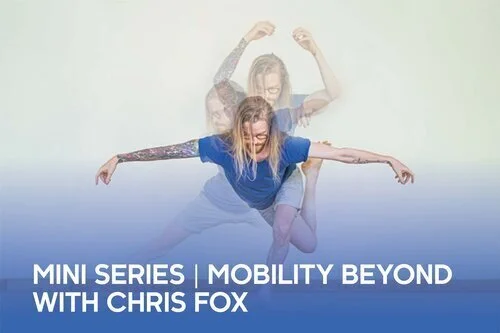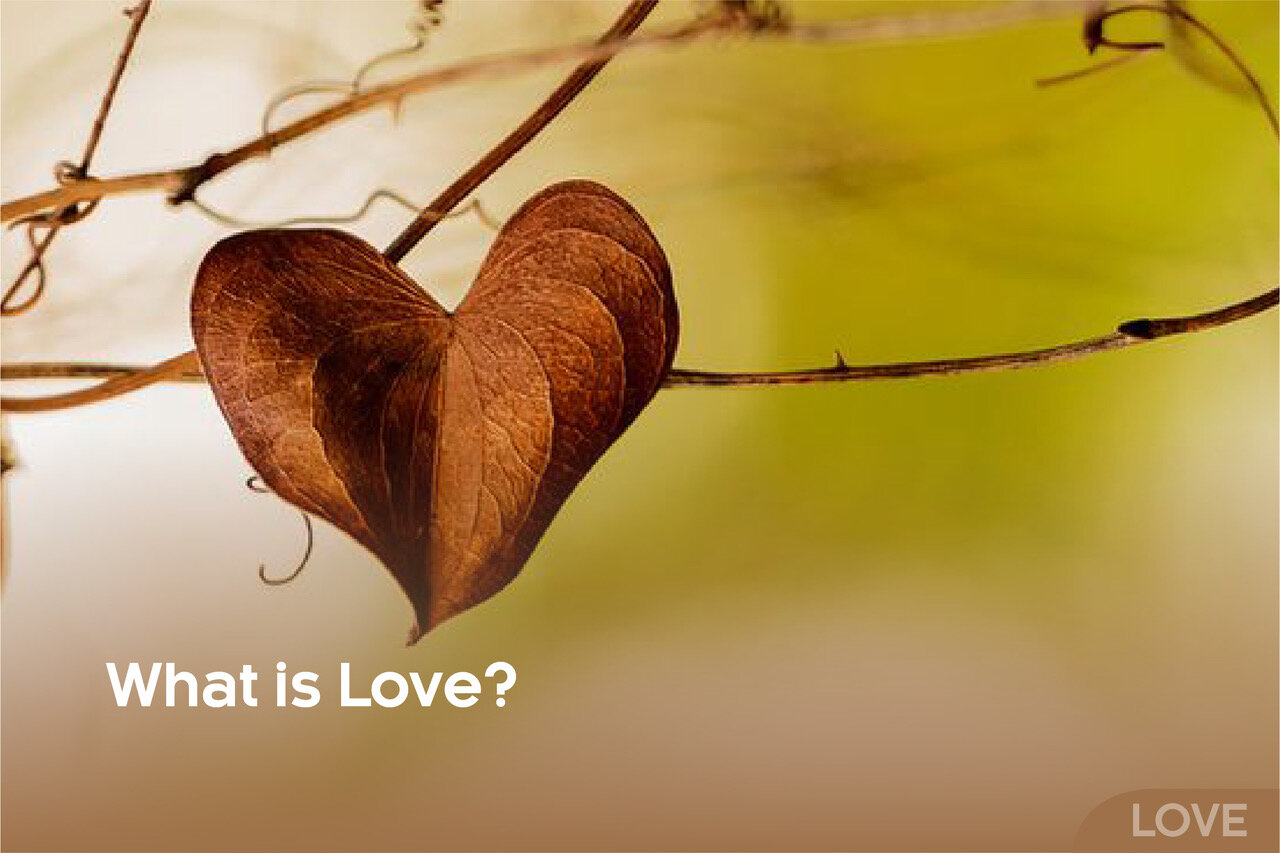Authentic Relating for Yoga Teachers:
Enhancing Your Teaching Journey
As a yoga teacher, building meaningful connections with your students is a powerful way to create a safe and supportive environment where they can explore their physical, emotional, and spiritual well-being. Authentic Relating is a valuable practice that can help you cultivate stronger relationships with your students, fostering authenticity and empowerment in your teaching approach.
Understanding Authentic Relating
Authentic Relating involves using tools and practices to cultivate more meaningful and satisfying relationships with others. It revolves around building trust, empathy, and care in your interactions. By developing skills such as communicating healthy boundaries, active listening, and authentic self-expression, you can create a dynamic dance of genuine connection with your students.
Embodying Authentic Relating
Authentic Relating is an embodied practice that recognizes the importance of the body in fostering authentic connections. By acknowledging that authenticity resides within the body, you can deepen your understanding of yourself, others, and the world around you. Engaging with the body allows you to express, relate, and communicate in a more genuine and meaningful way, enhancing your relationships as a yoga teacher.
Benefits for Yoga Teachers
Incorporating Authentic Relating into your teaching journey offers numerous benefits:
Cultivate Authenticity: By practicing Authentic Relating, you can express your true self to your students, creating an open and trusting atmosphere in the classroom. Embracing authenticity encourages your students to do the same, fostering genuine connections and self-expression.
Establish Healthy Boundaries: Creating a safe and respectful teaching environment requires healthy boundaries. Authentic Relating equips you with the skills to communicate boundaries effectively, while also supporting your students in doing the same. This mutual understanding fosters respect and enhances the teacher-student relationship.
Improve Listening Skills: Active listening is a critical skill for any yoga teacher. Authentic Relating helps you develop active listening, empathy, and understanding, enabling deeper connections with your students. Honing these skills creates trust and connection, enriching the teaching experience.
Build Confidence: Authentic Relating empowers yoga teachers, especially those new to teaching, to embrace their abilities authentically without the need to pretend to know everything. By being vulnerable and genuine with your students, you can cultivate an empowering teaching style that encourages their confidence in their own practice.
Handle Feedback Effectively: Receiving constructive feedback can be challenging, but Authentic Relating equips you with tools to respond positively. Through active listening and understanding the student's perspective, you can engage in constructive dialogues that lead to growth and resolution.
Deepen Your Ability to Connect
Incorporating Authentic Relating into your yoga teaching can revolutionize your relationships with students and foster an environment of authenticity, support, and inclusivity. By embracing this transformative practice, you'll deepen connections, establish healthy boundaries, enhance listening skills, boost confidence, and adeptly handle feedback. Unlock the power of Authentic Relating to elevate your yoga instruction, cultivating an enriching and inclusive learning experience like never before.
Interested in learning more about authentic relating? Join us here at Radiantly Alive Ubud for the Art of Being Human: Foundations of Authentic Relating - a two-day training with Vix Anderton, a somatic coach, yoga teacher, and embodied facilitator, to learn practical techniques for immediate life improvement. Transform conflict into ease, embrace communication as a path to presence, enhance relationships with yourself and others, and develop tools to authentically express your true self. Learn more about this profound training here or join Vix at one of her weekly Wednesday 11 AM Authentic Relating classes at Radiantly Alive Ubud.
Short training: Authentic Relating | The Art of Being Human Level 1 with Vix Anderton
June 10-11
Early bird price valid until May 31: $295
Regular price from June 1: $345
Other topics that might interest you :






































































